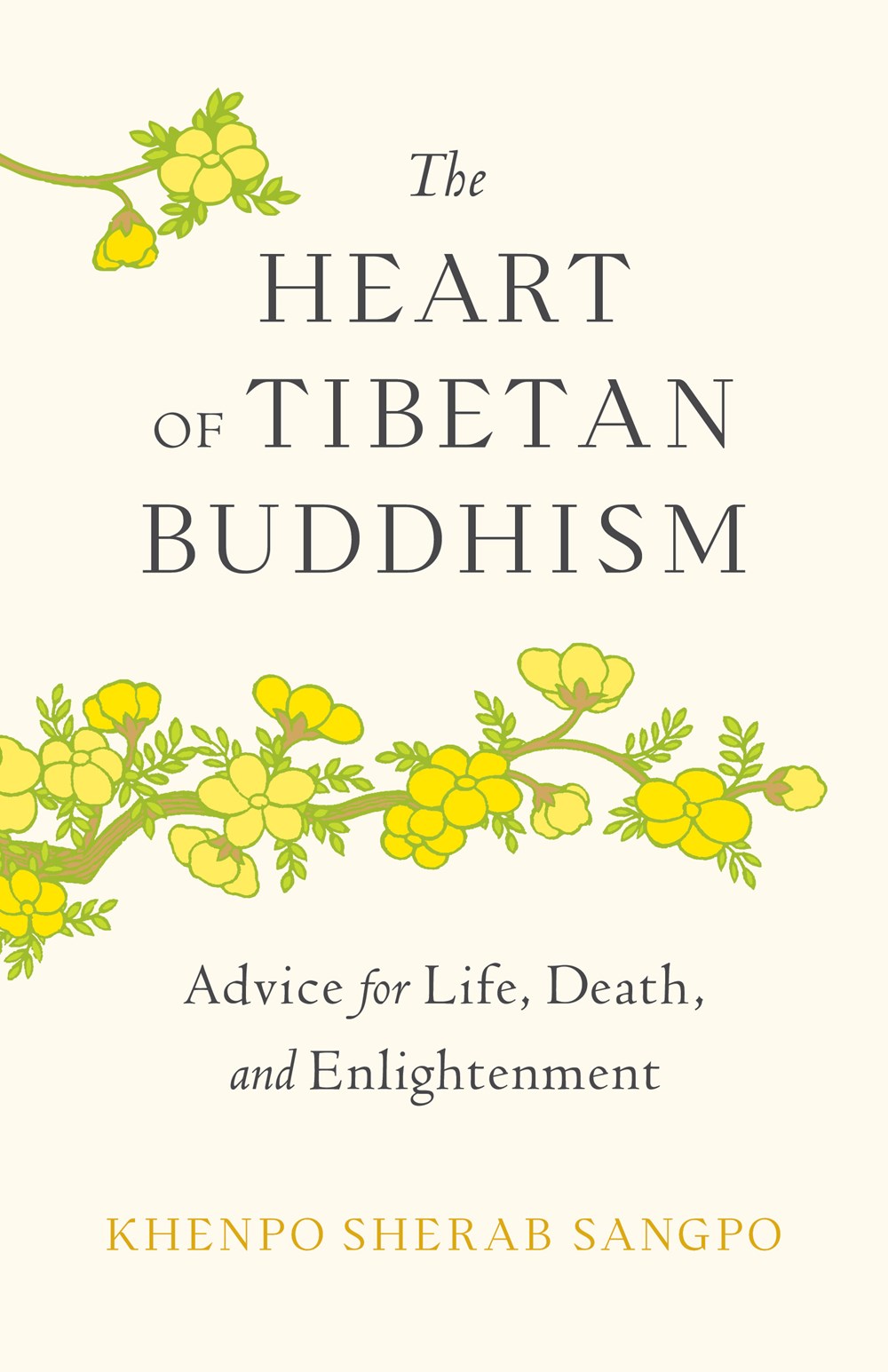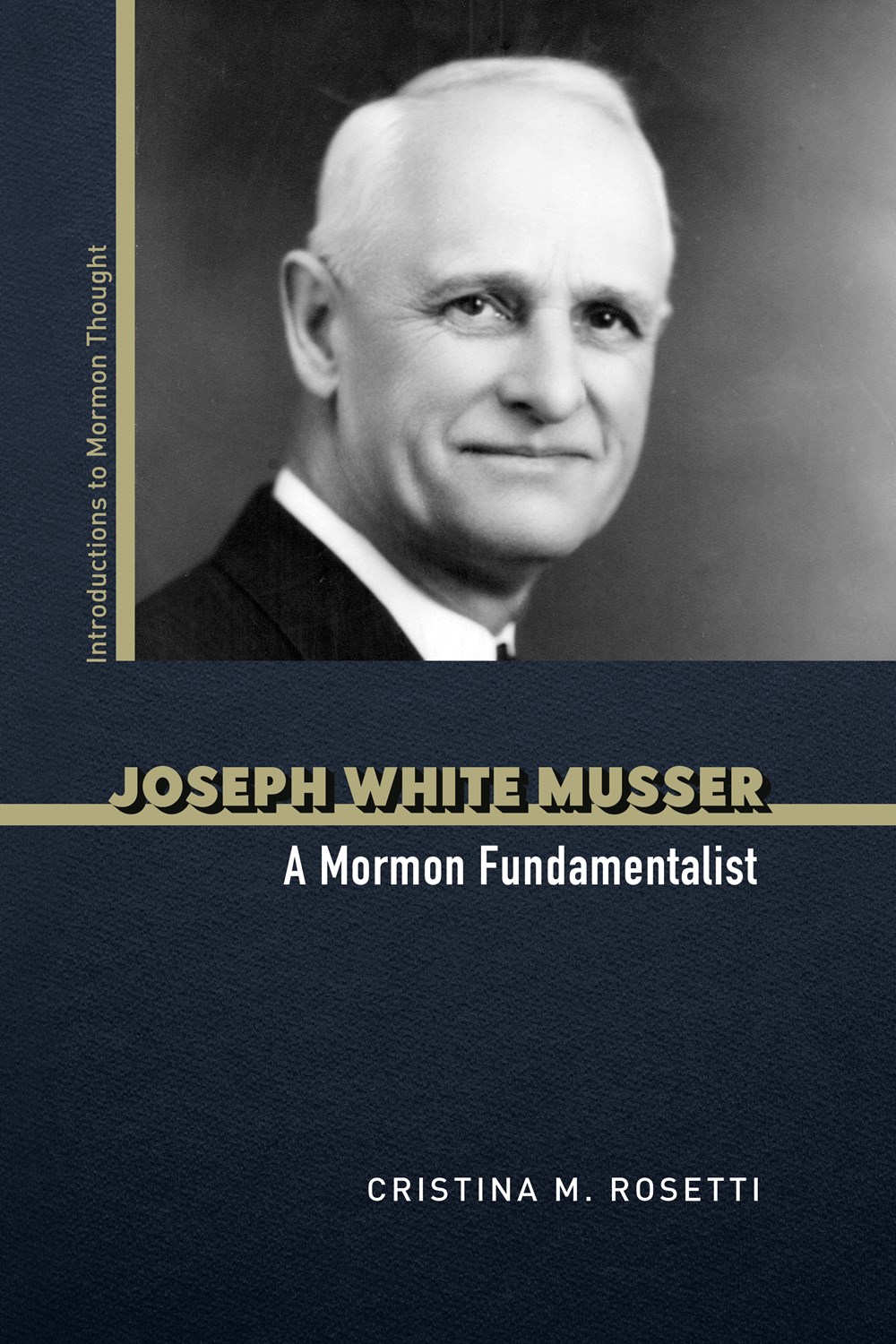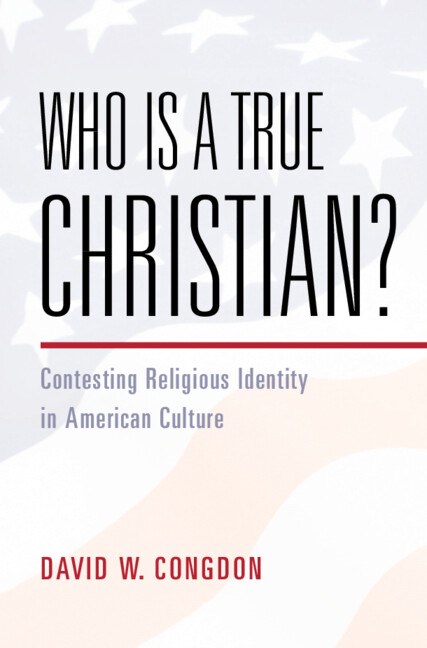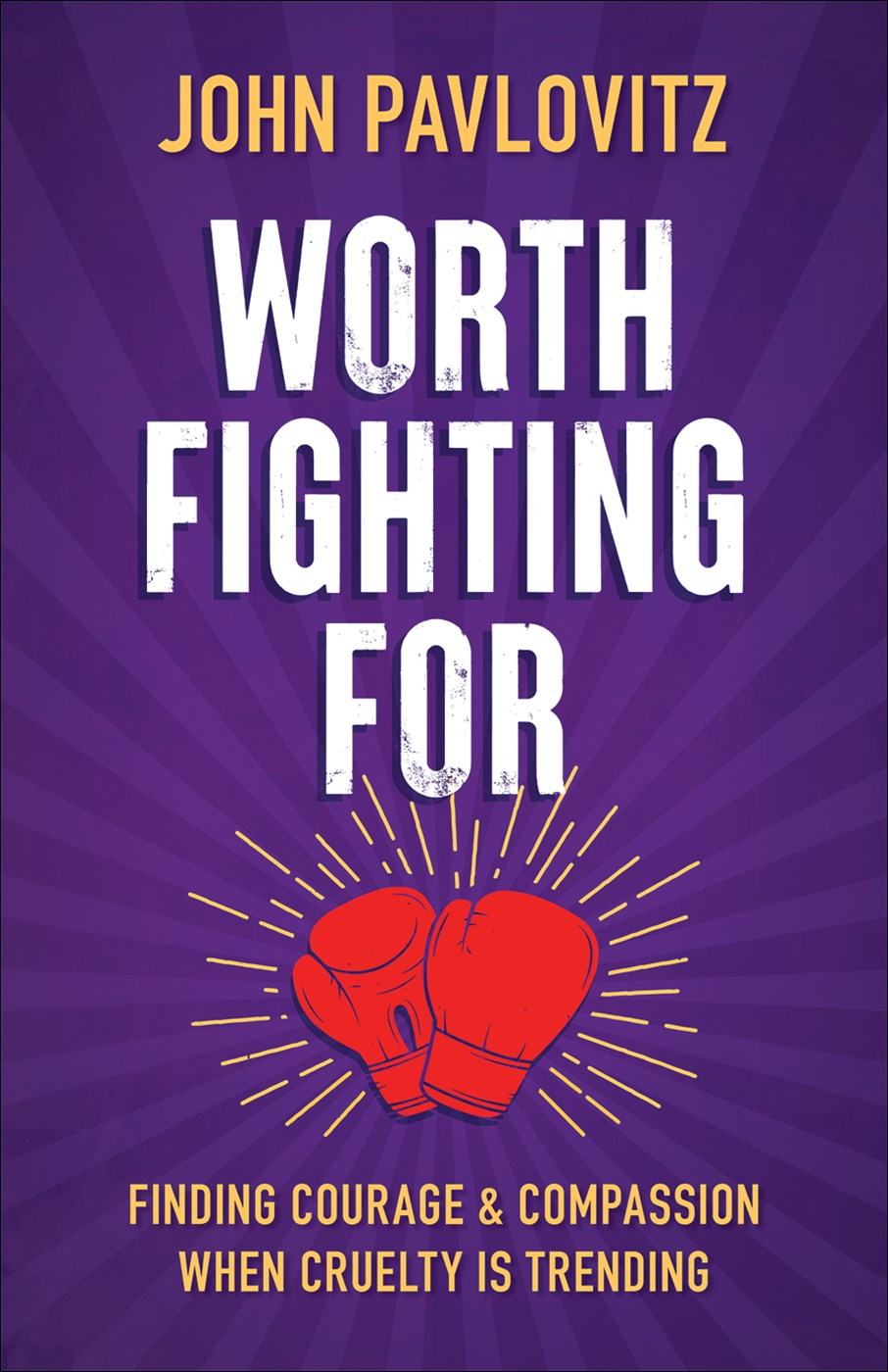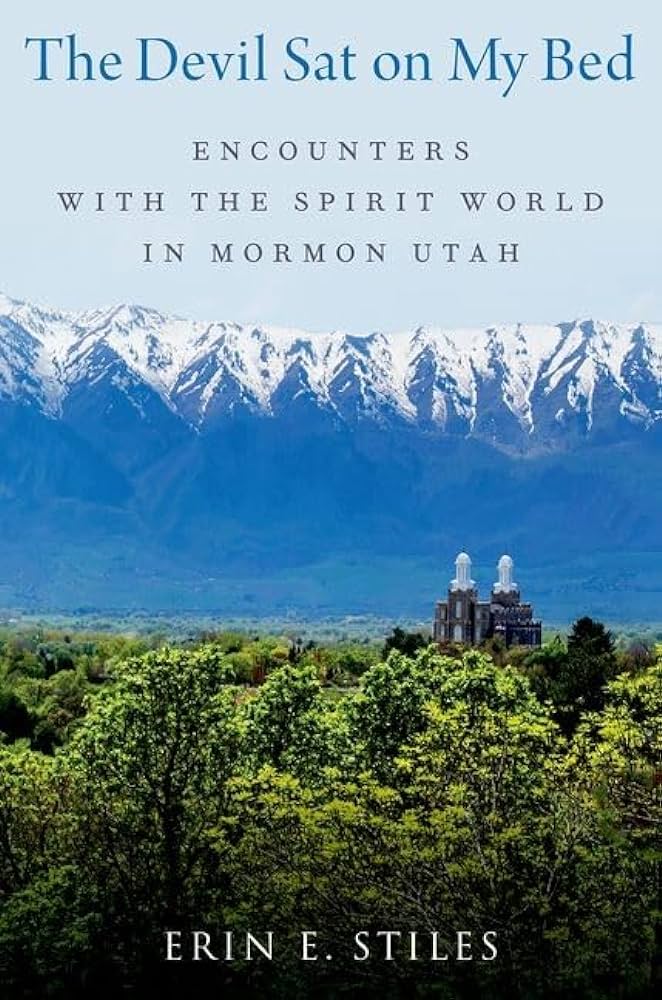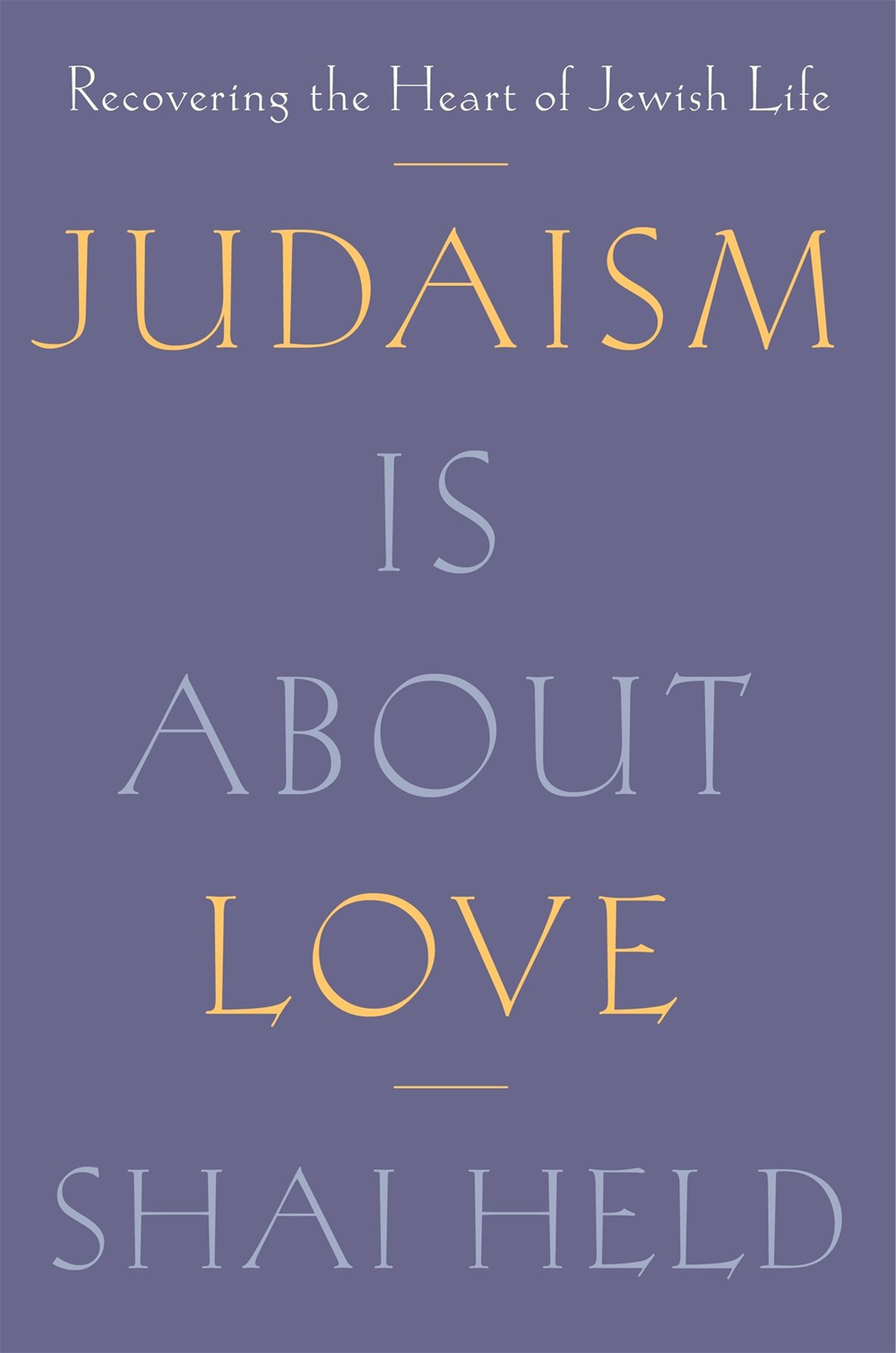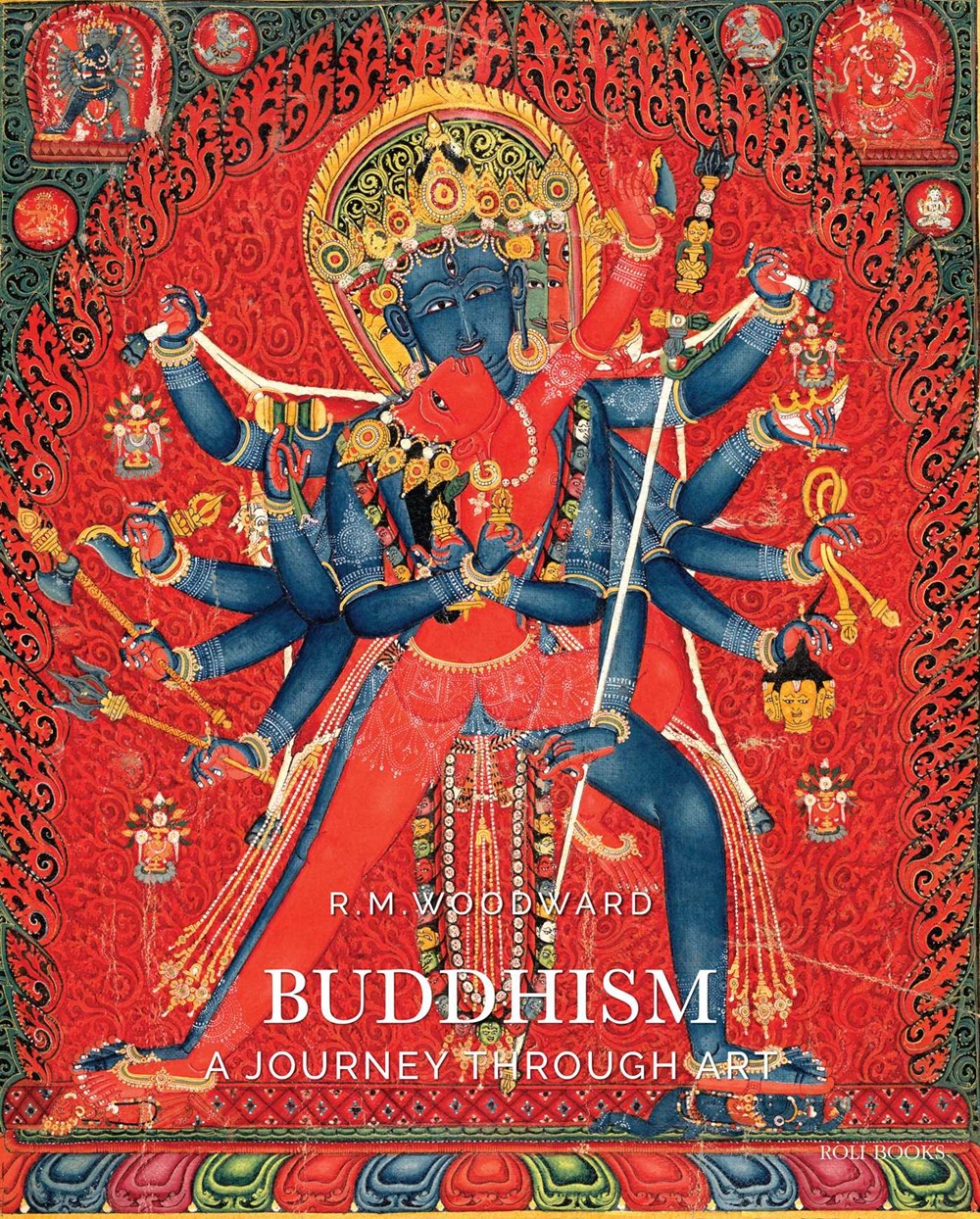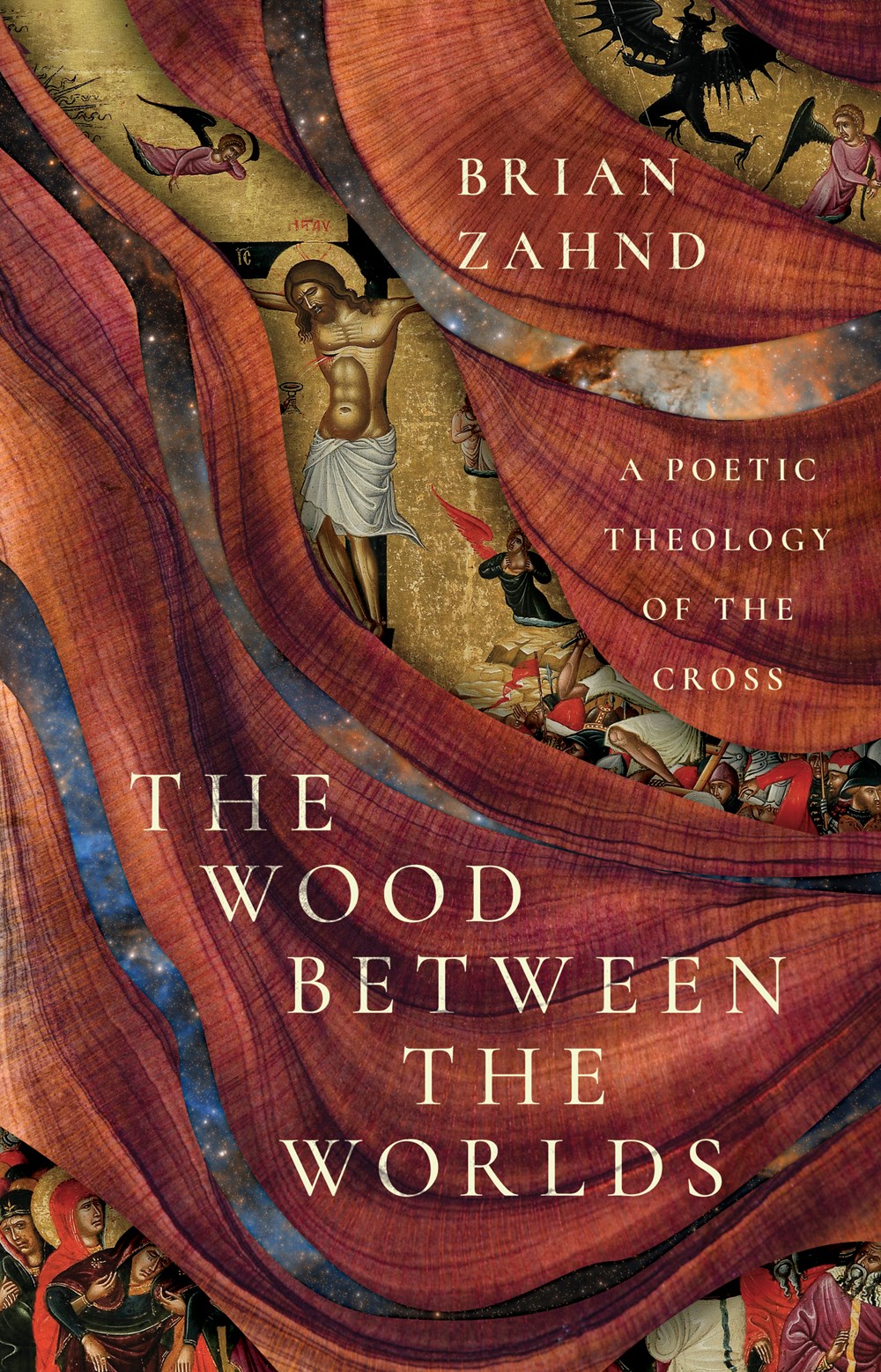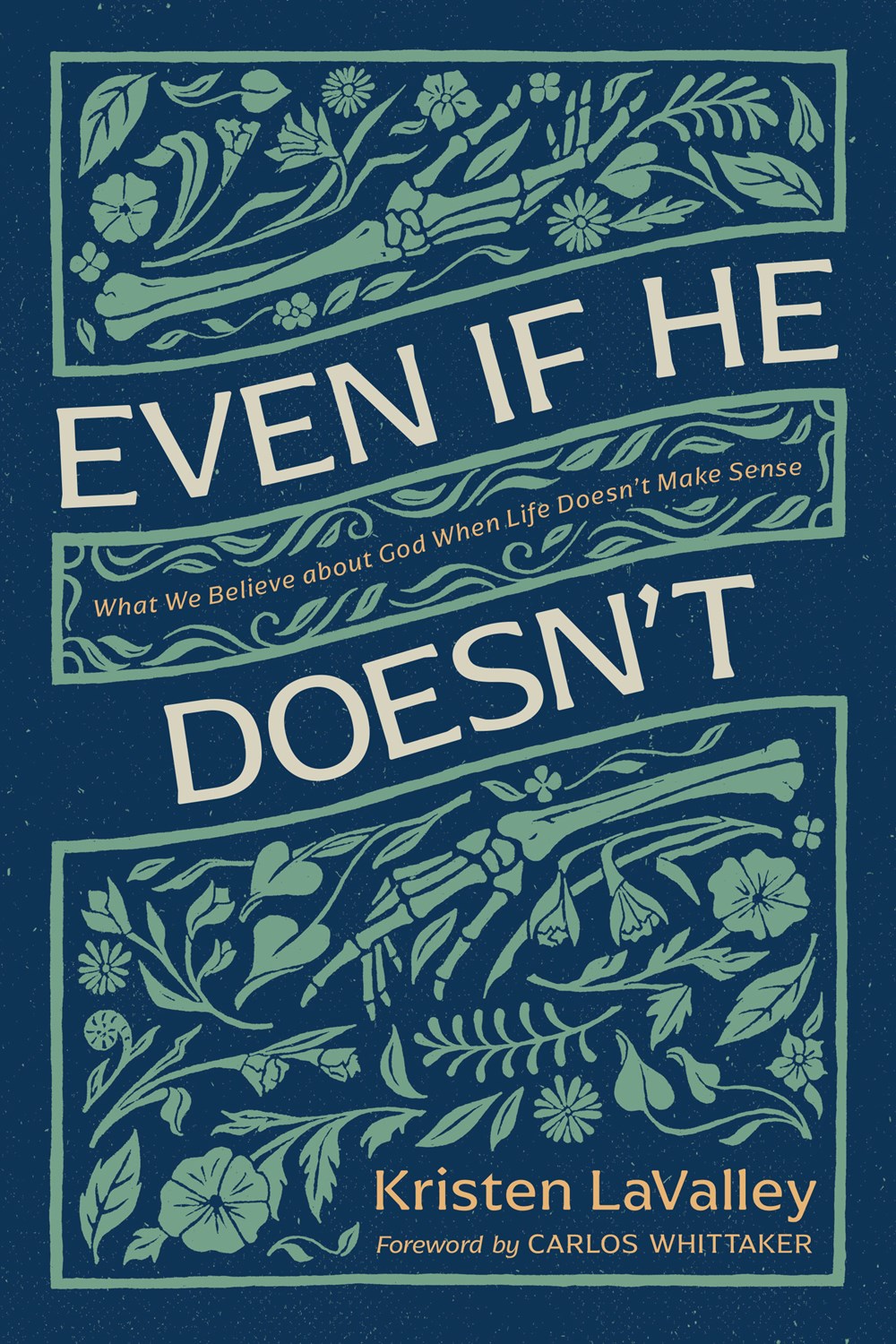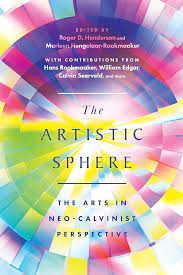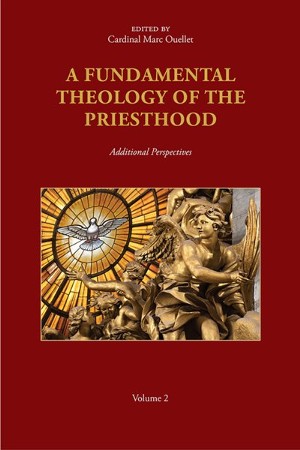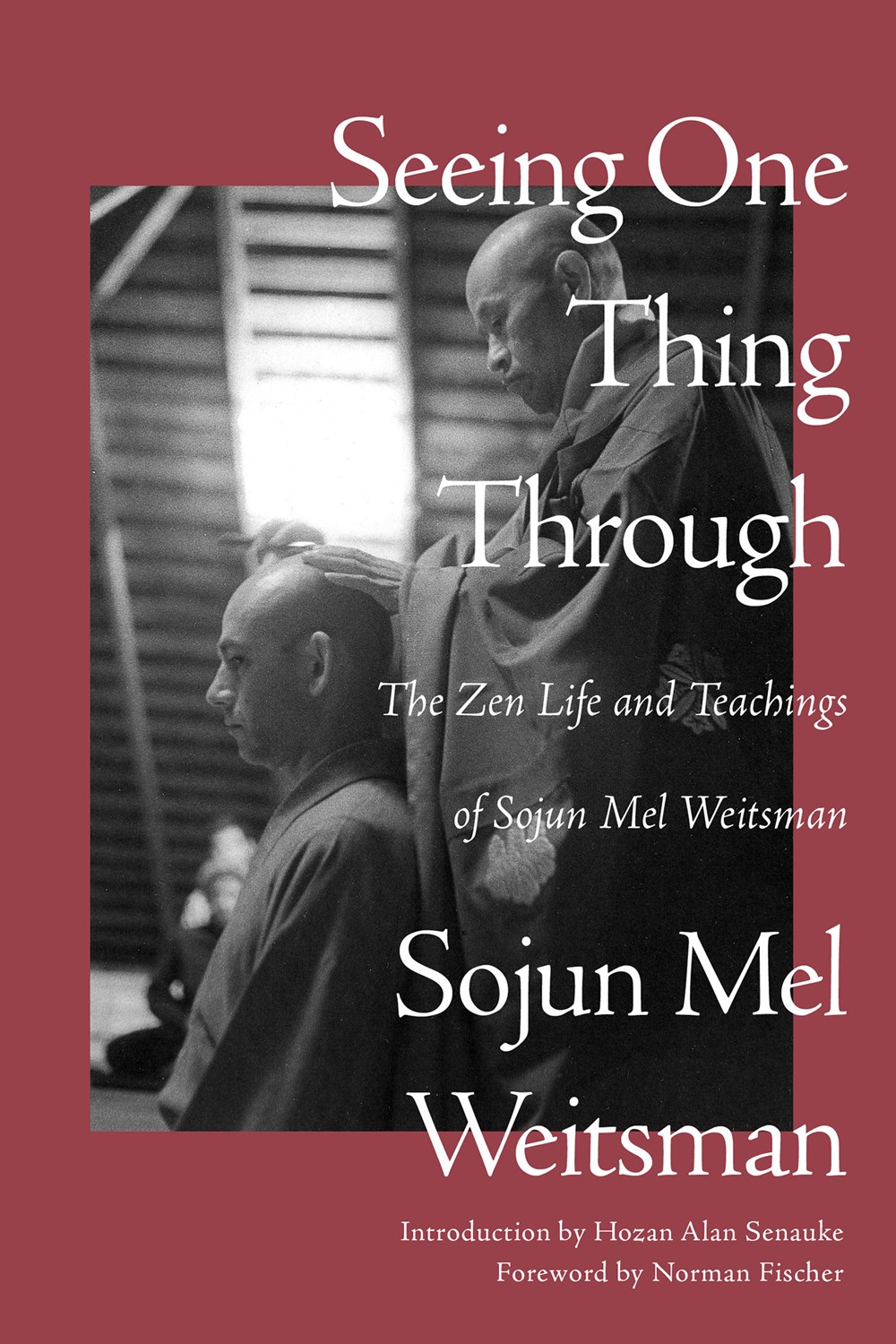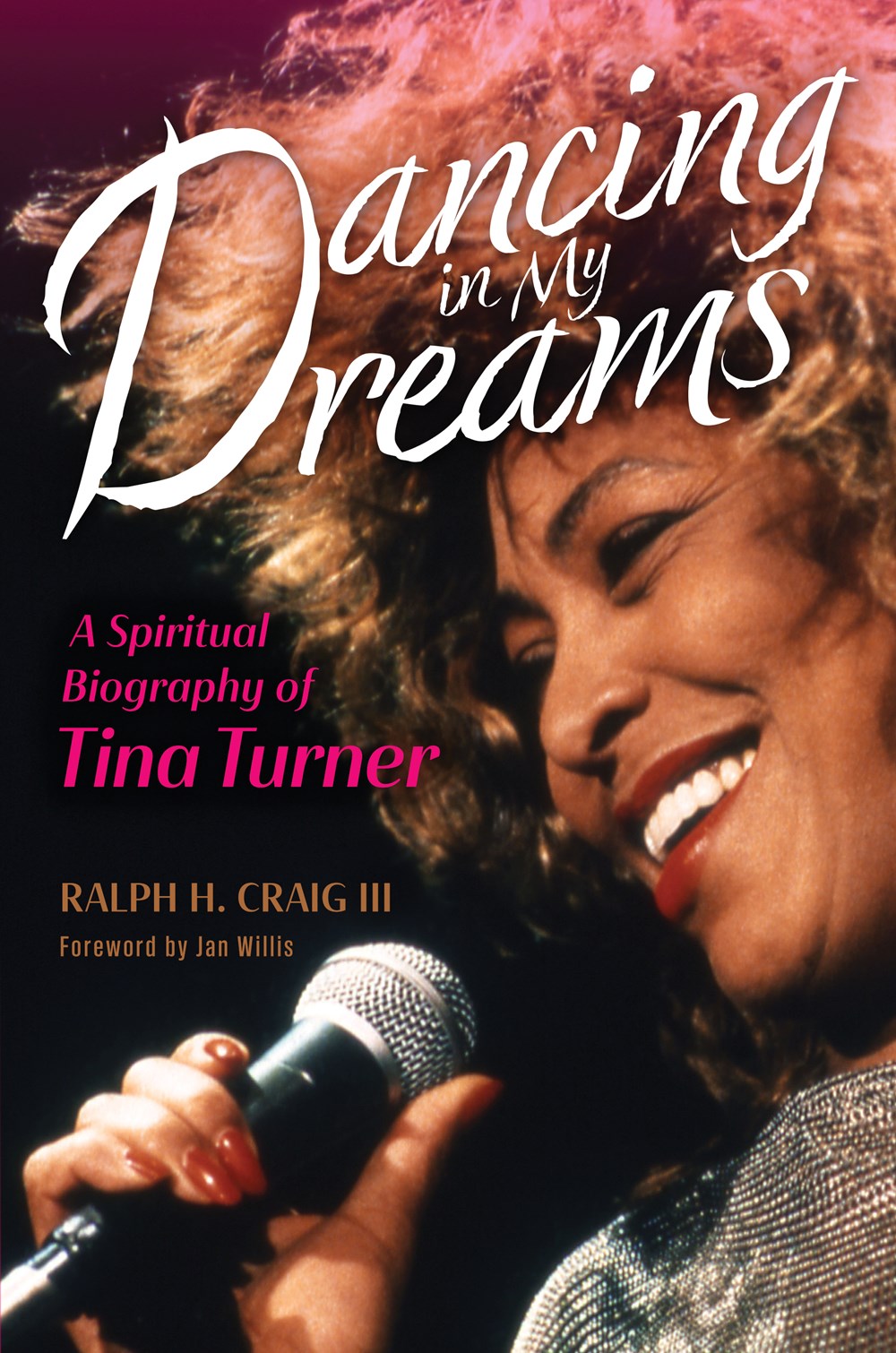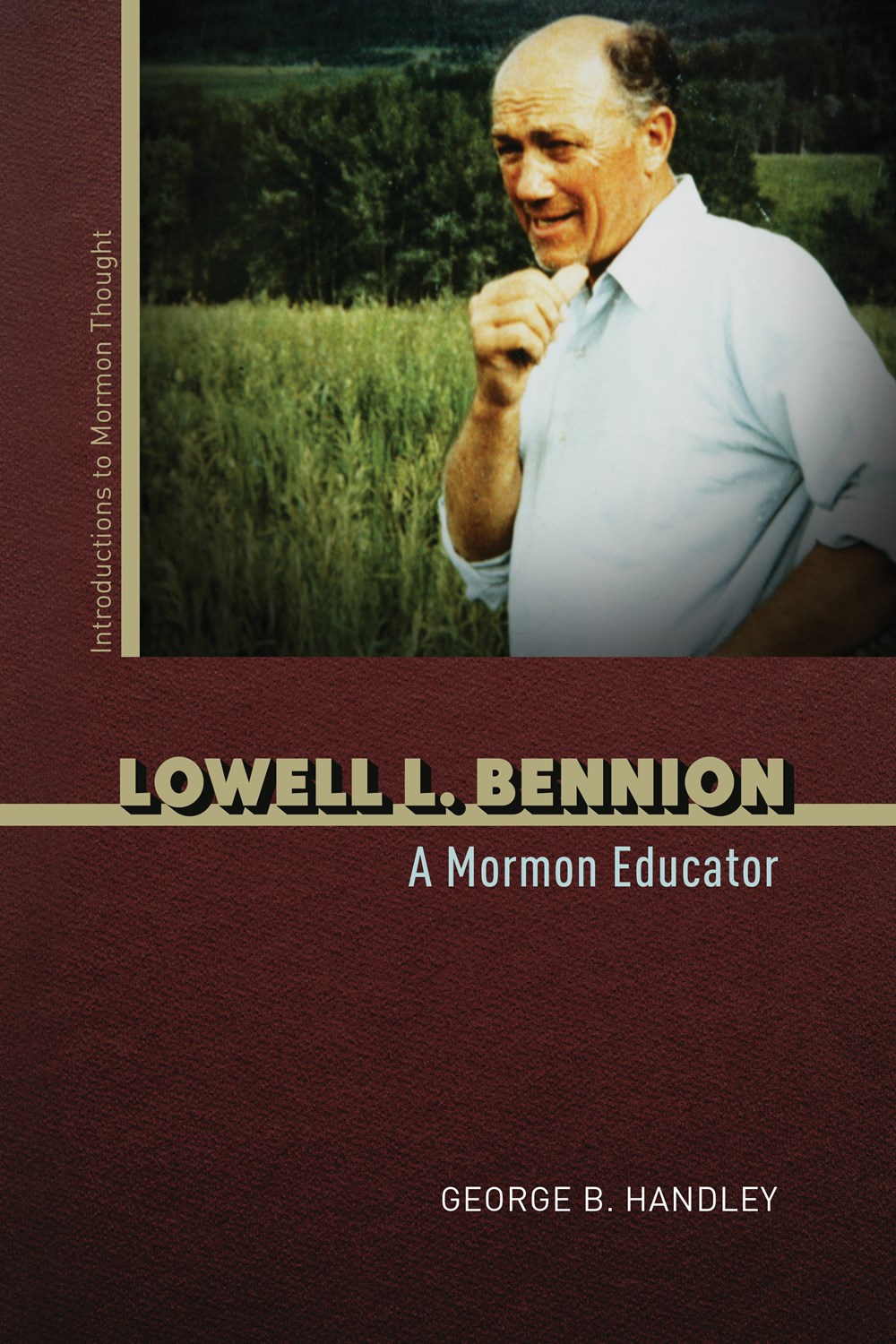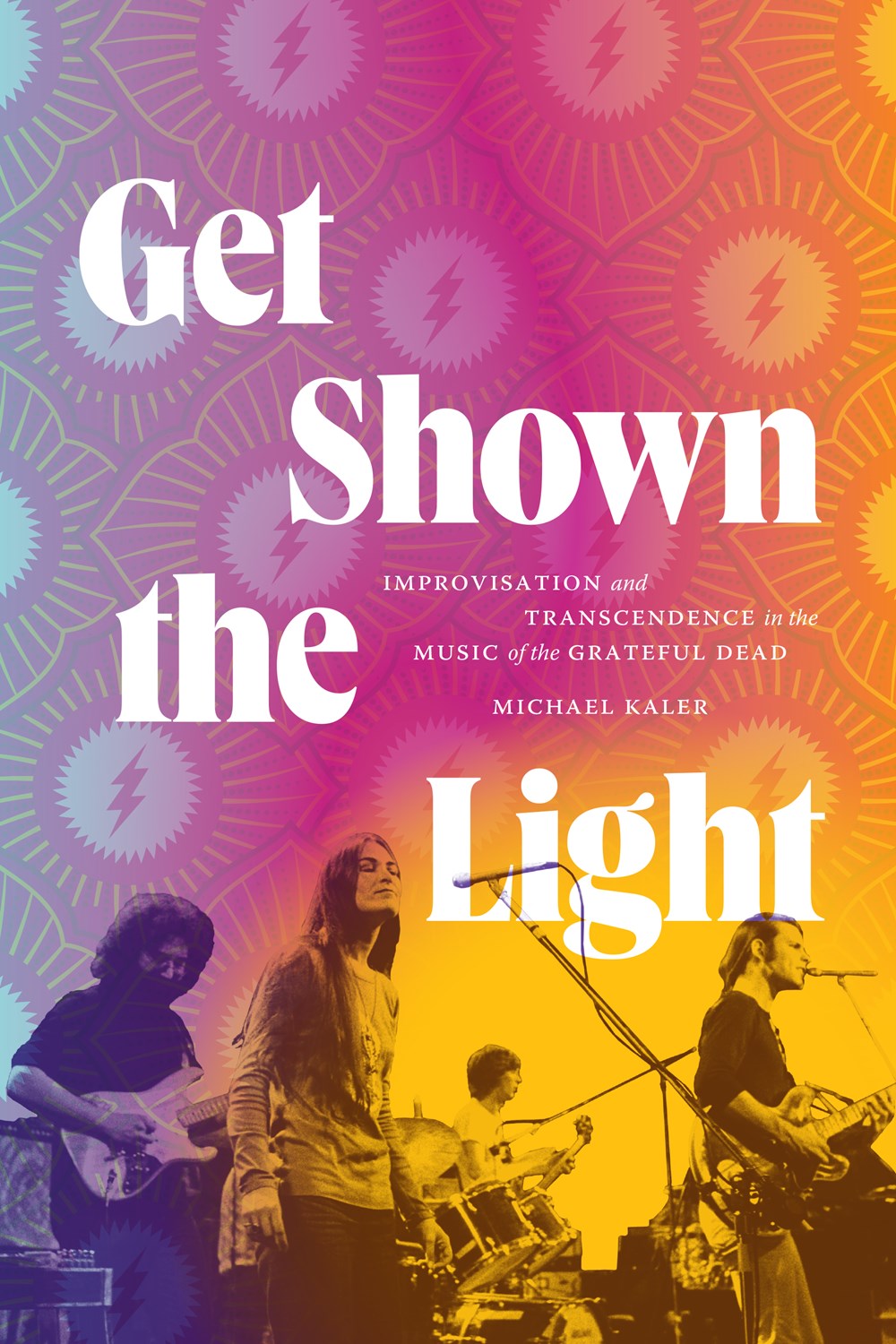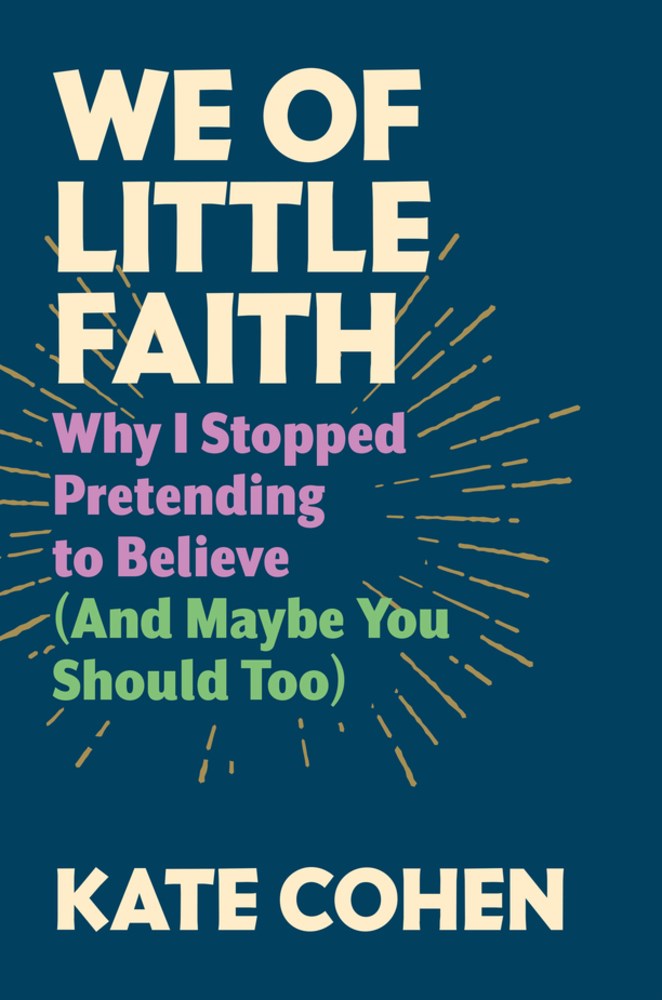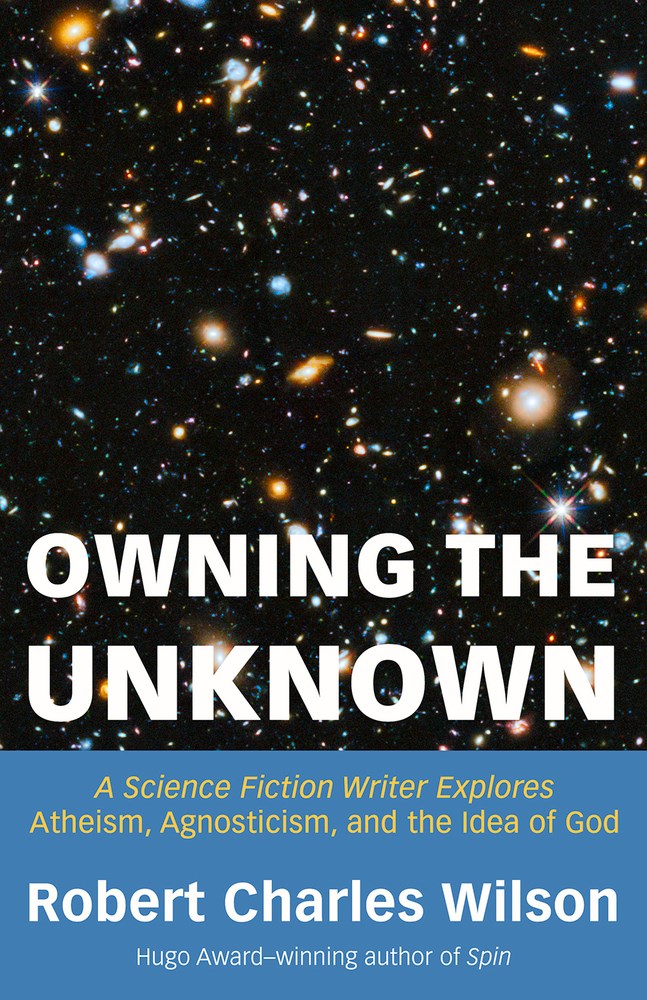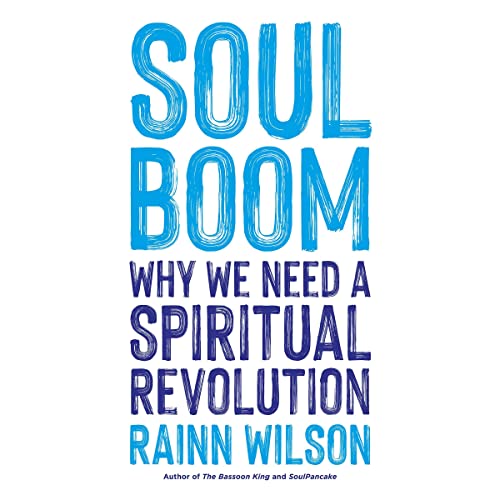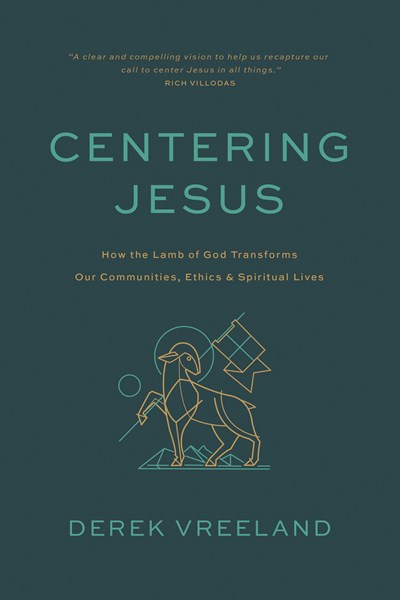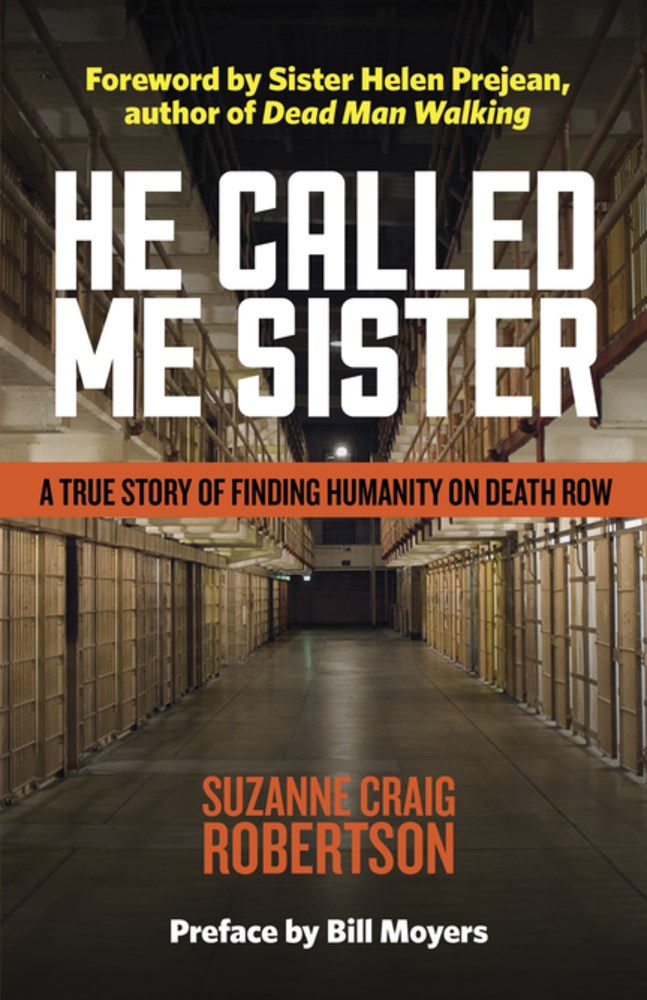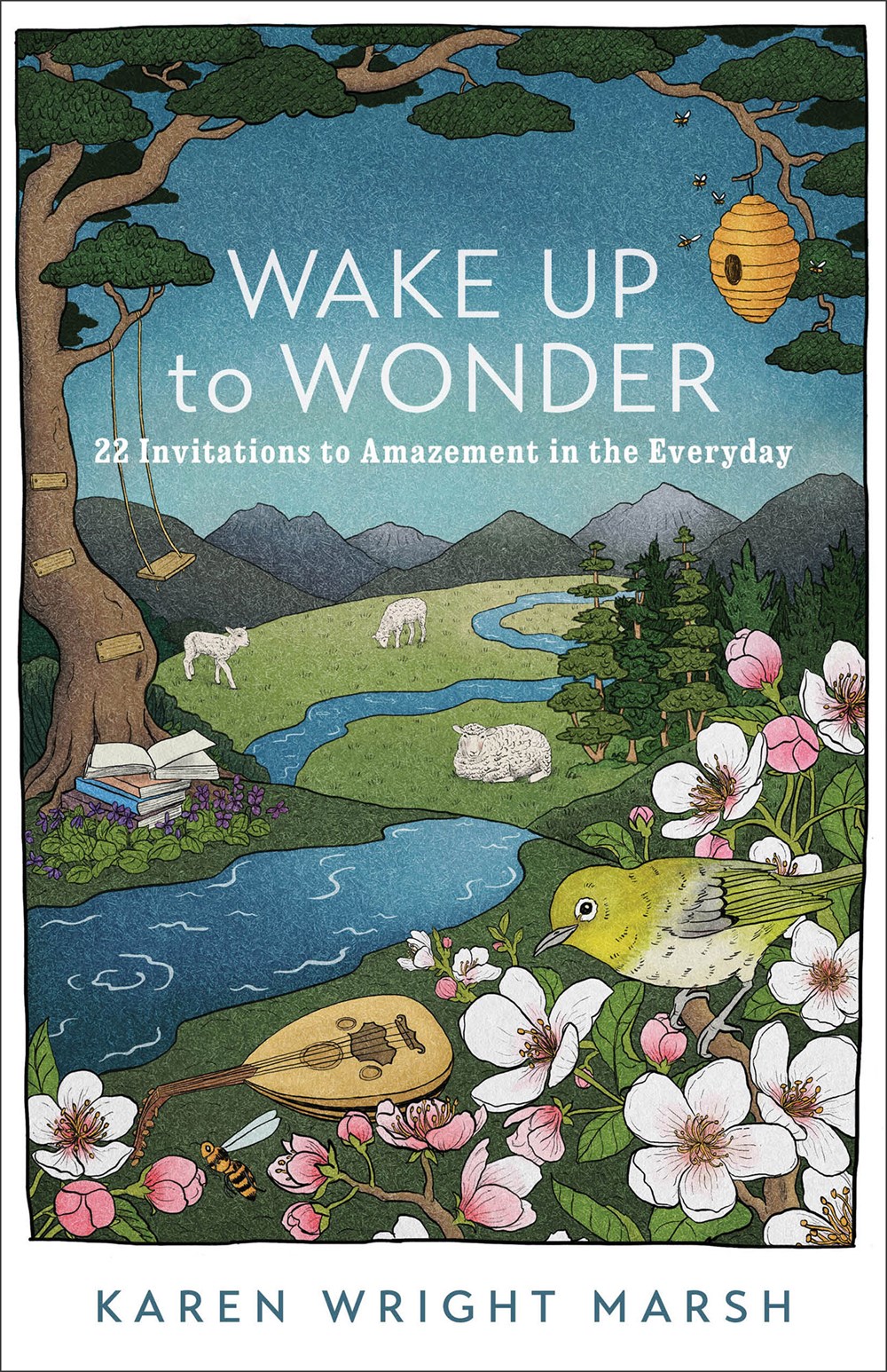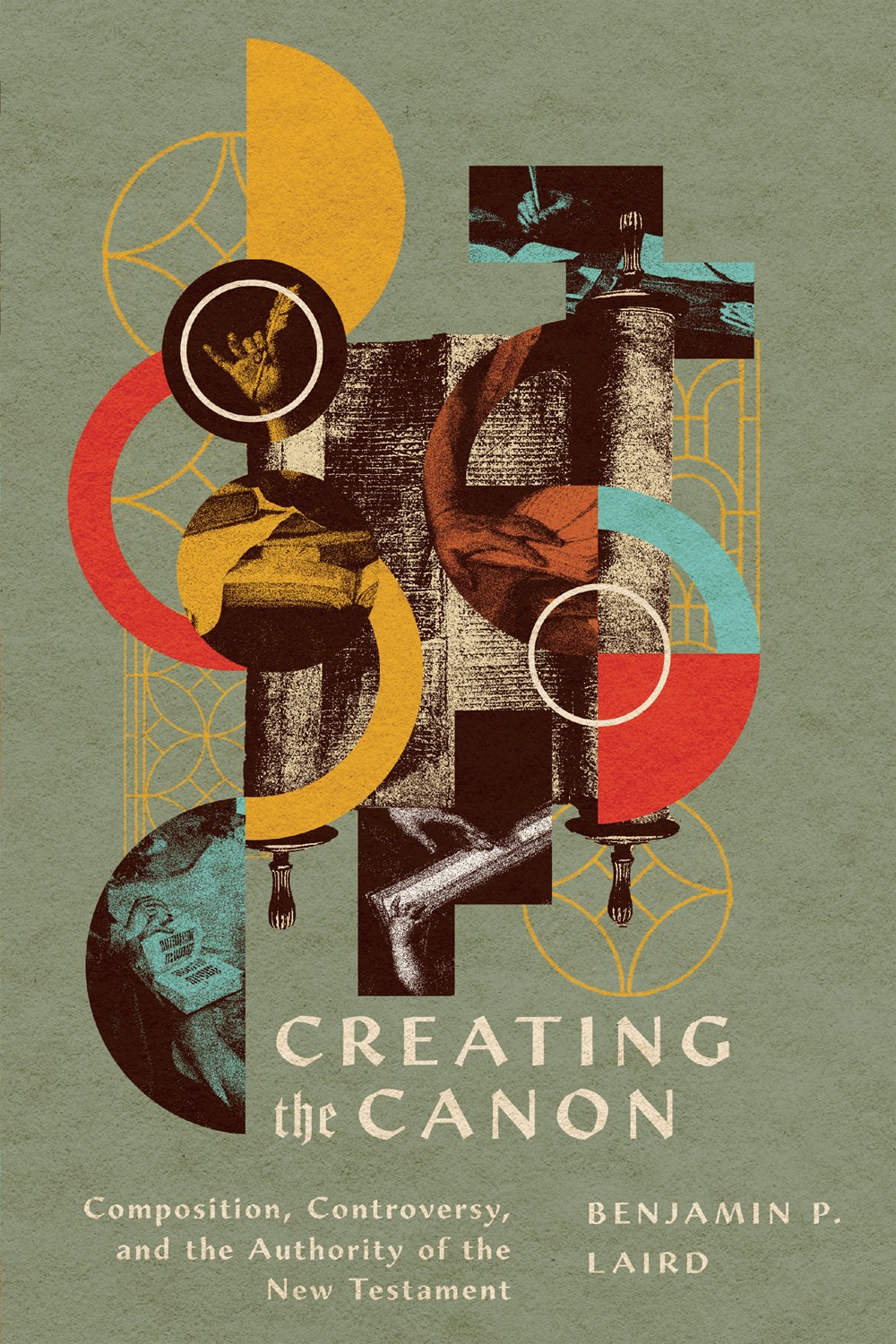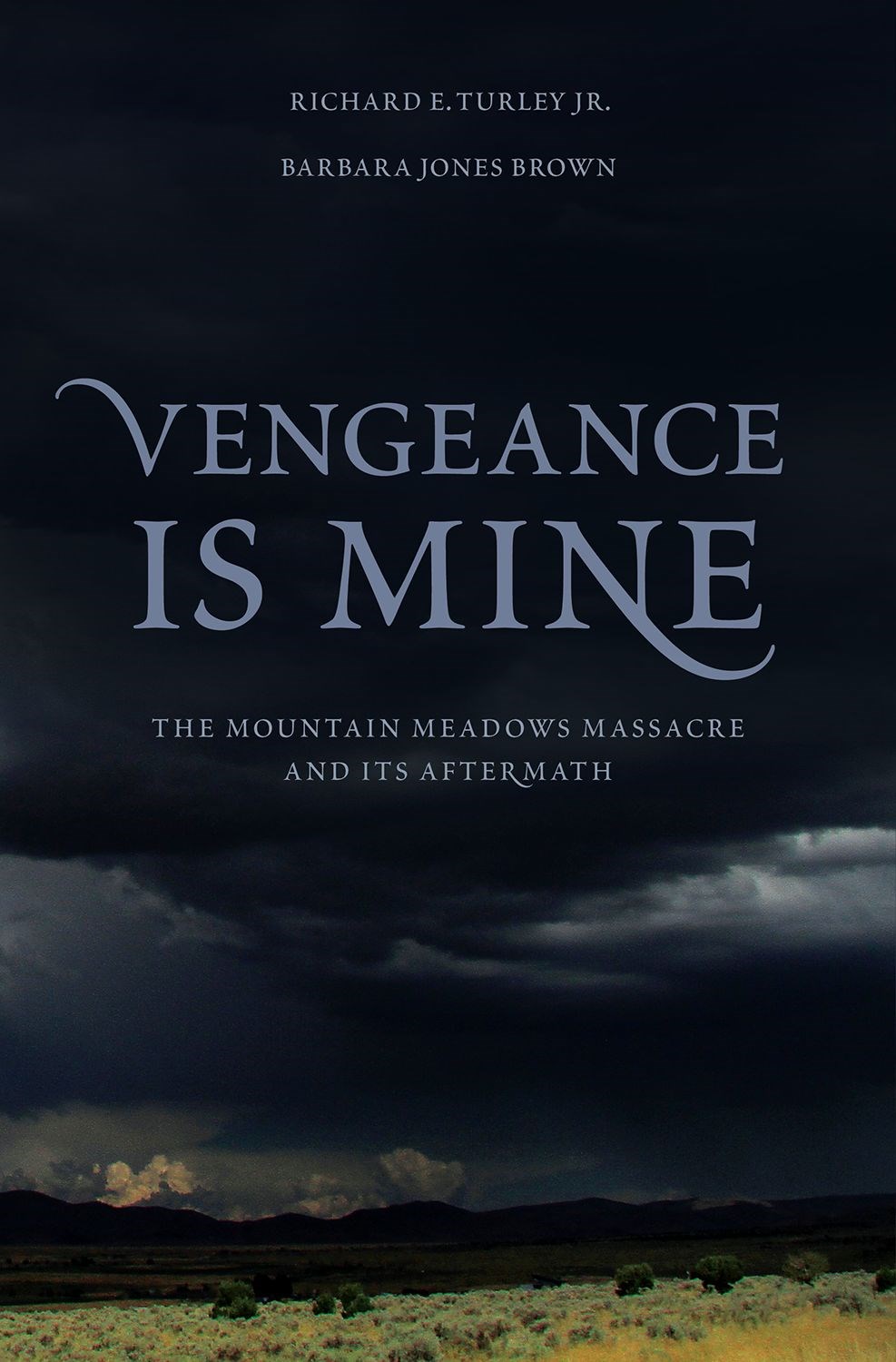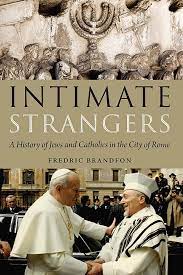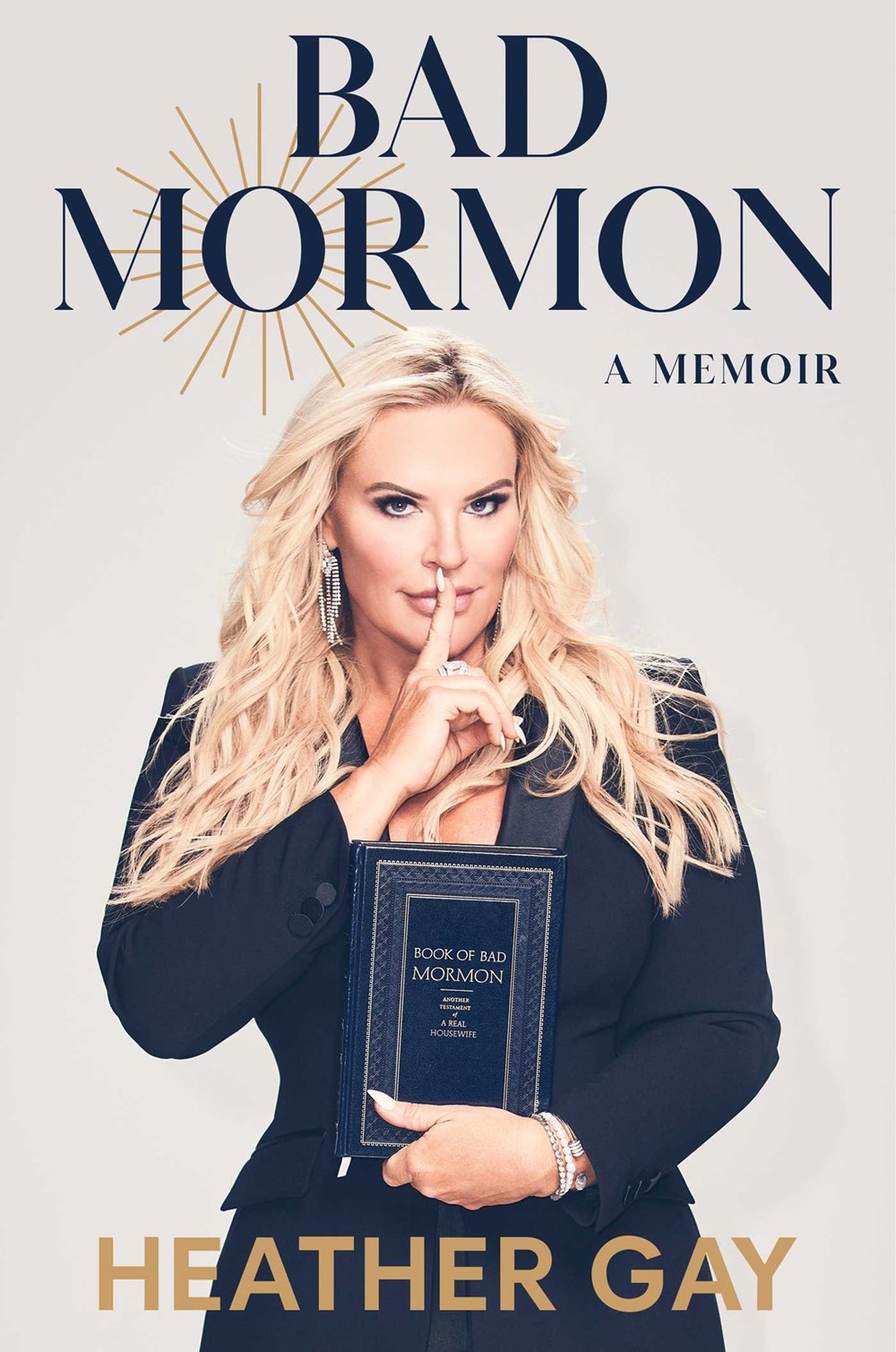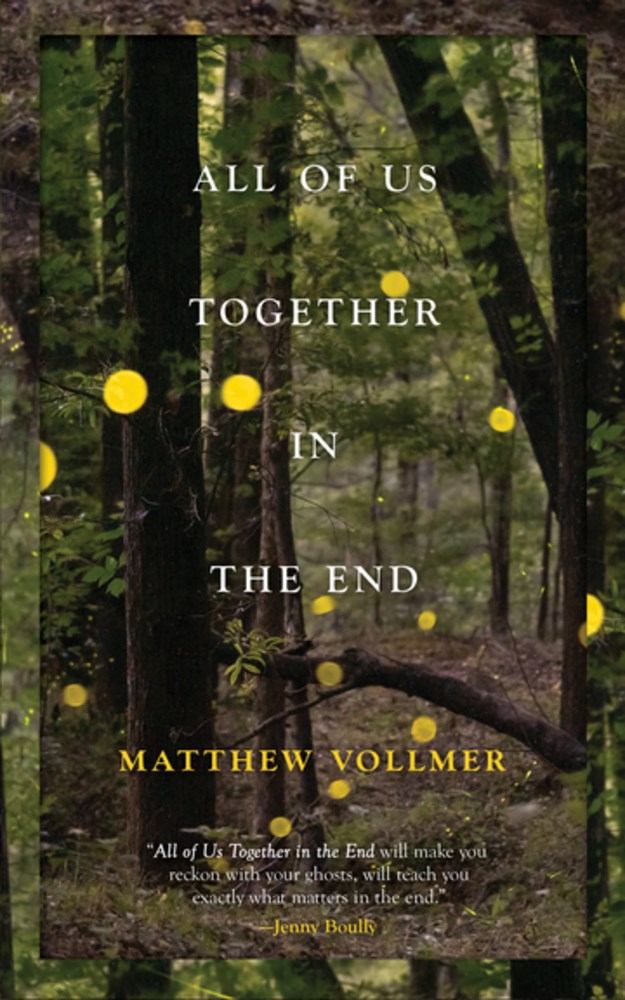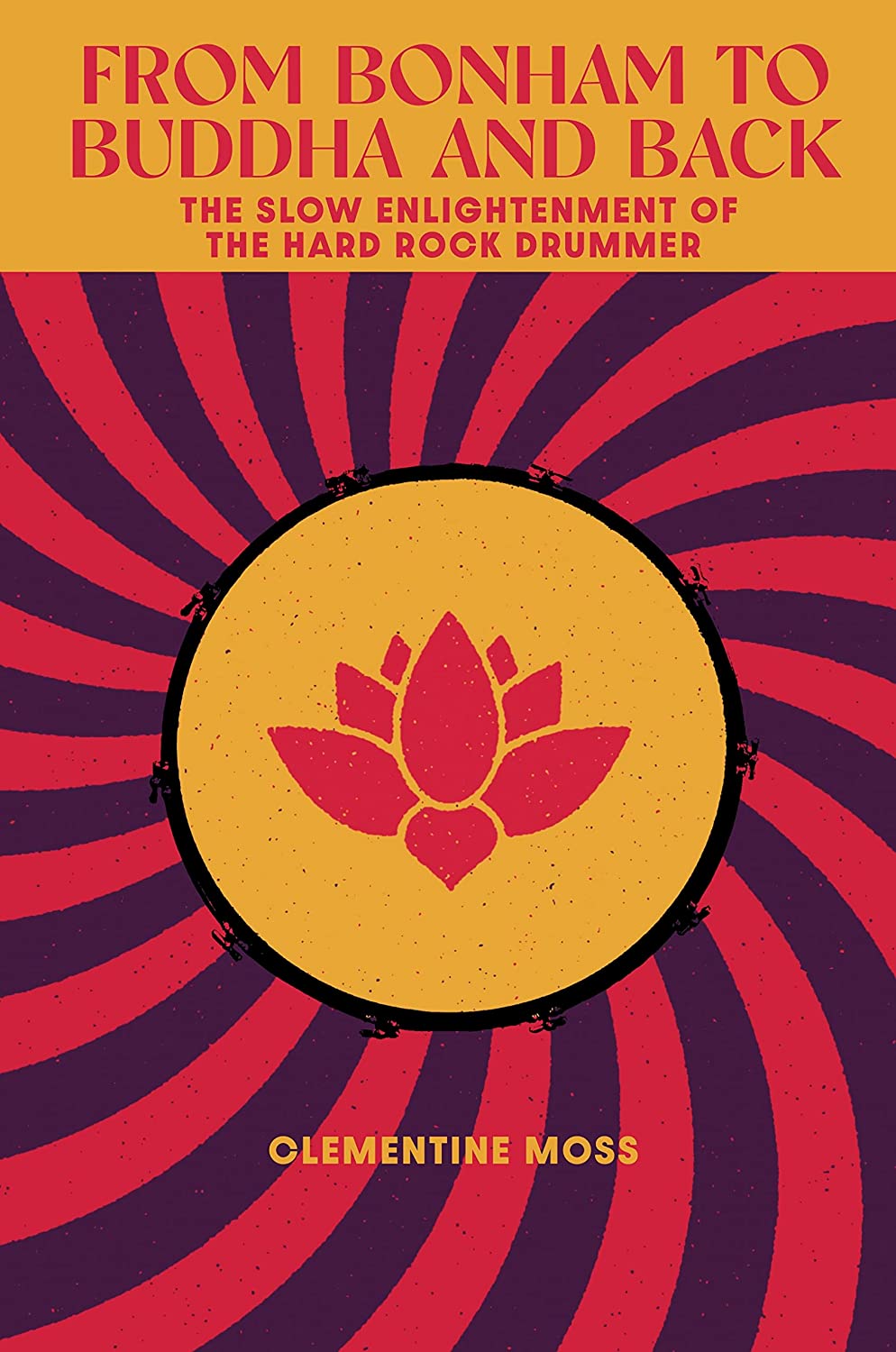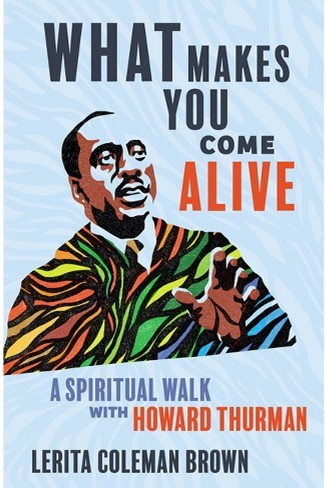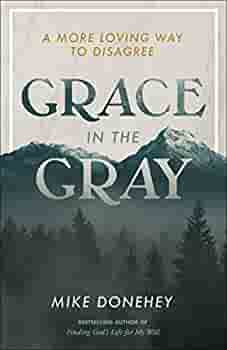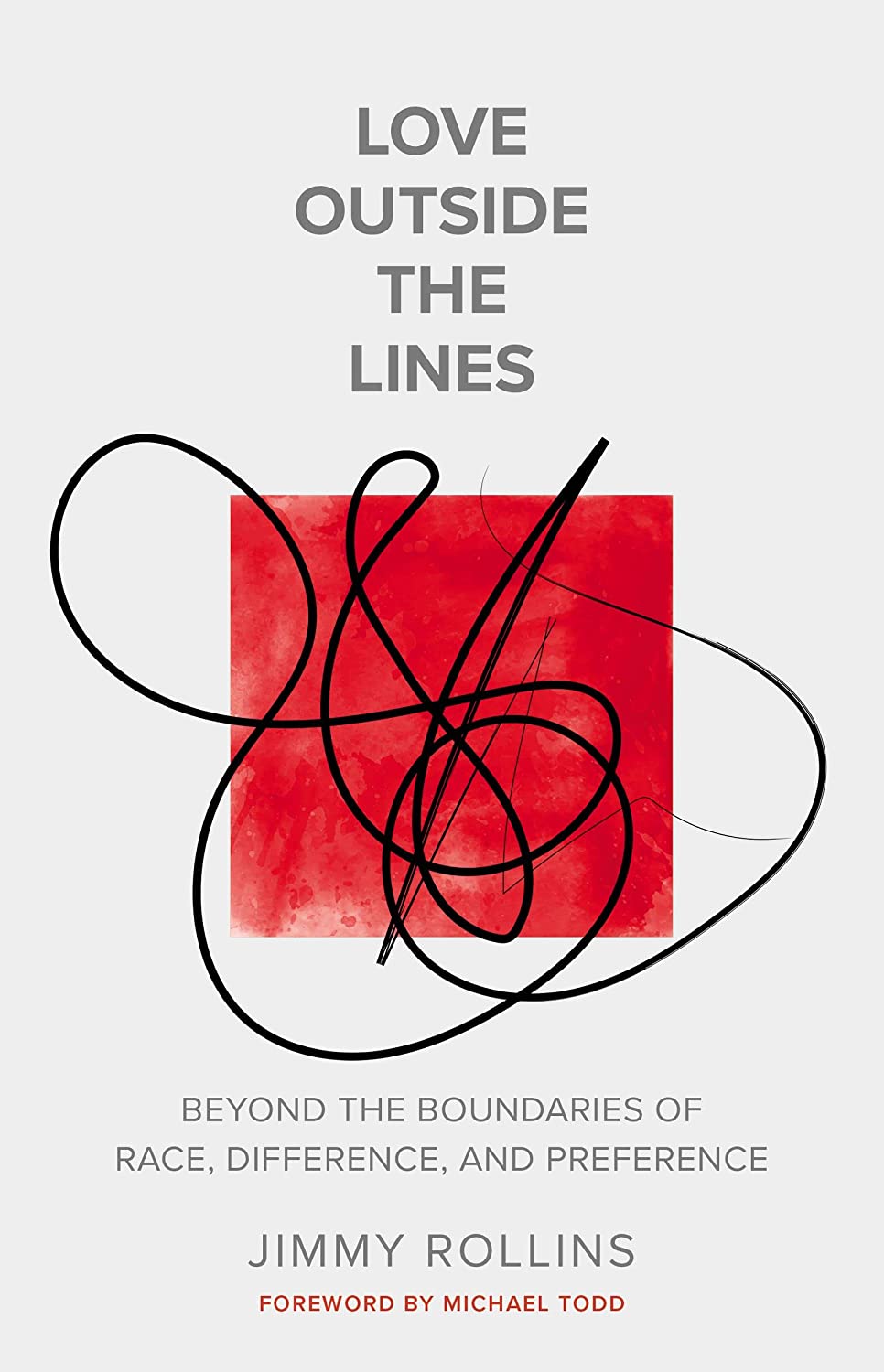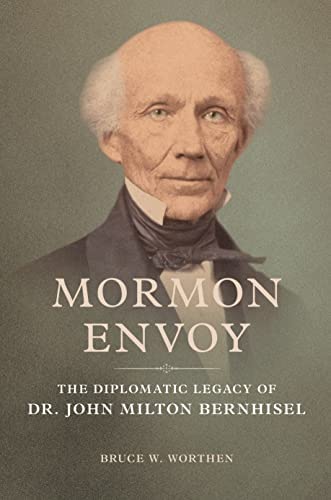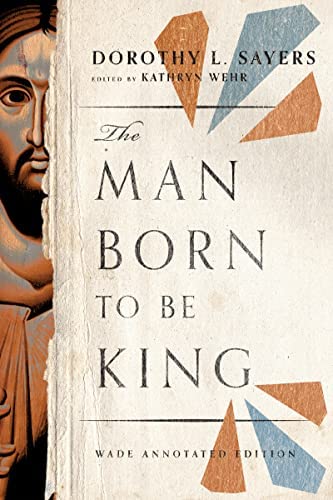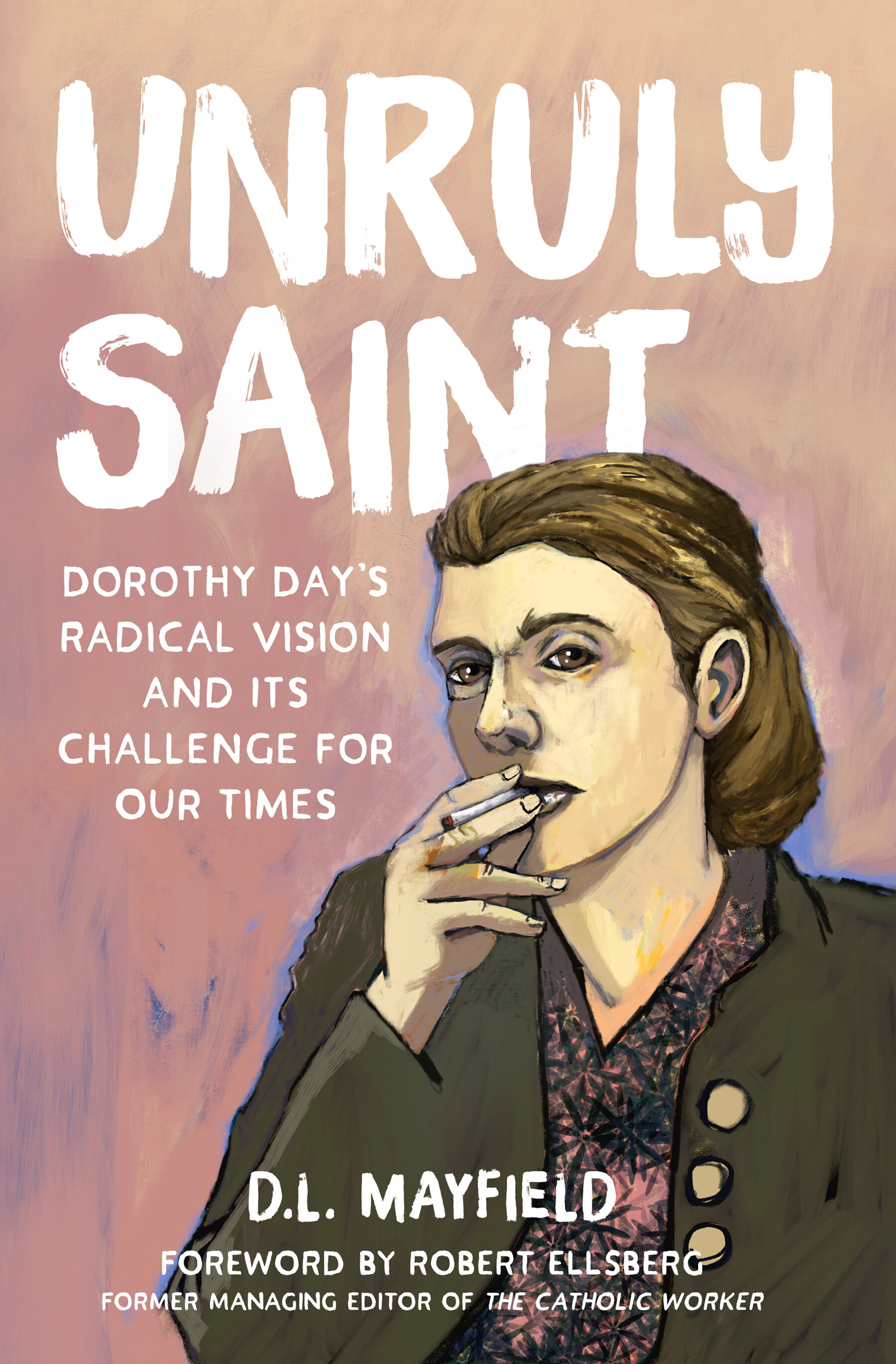Related
PREMIUM
Walking the Theological Life: Discovering Method for Theology in the Lives of Biblical Characters
Gaines’s approach is a novel one, and readers will gain much insight into theology. This book will be especially useful in academic settings.
This illuminating book aptly examines who really wrote the Bible and is accessible for both scholars and general readers.
This fascinating book expertly weaves together a formidable mass of scholarship into an accessible, inviting summary that contextualizes an extensive history of religious encounters within a relatively brief work. It also sheds light on the long and global interconnections of religious ideas and highlights the often ridiculous ways that people have misunderstood and misrepresented one another throughout time.
Rosetti is to be commended for writing the first scholarly book about Musser. This accessible volume puts him in his rightful place among Mormon thinkers; recommended for readers interested in American religious and sectarian history.
While much of the book is aimed at the Catholic Church, the points are applicable to Christianity as a whole. Will appeal to readers interested in a scholarly analysis of the current state of Christianity in the modern world.
An excellent memoir with a sense of humor. It’s full of insight and context regarding a distinctive slice of American Buddhist history.
A helpful title that frames religions as a business. Graduate students, scholars, and readers with a solid religious education will value this title the most.
The essays feel as raw and as powerful as Pavlovitz’s blog. His confrontational style lends itself more to prodding and validating his fellow progressives than persuading conservative evangelicals. Still, his hopefulness about the fight for social justice is refreshing.
A much-needed look at evangelicalism from a perspective that’s both investigative and personal. It offers intriguing, compelling insight with expert reporting.
A compelling, thematically rich, and deeply personal book, for readers exploring spirituality, personal growth, and the intricate relationship between faith and the natural world.
General readers will enjoy this book’s many stories about spiritual experiences and the accessibility of its arguments. Academics, too, can appreciate how the author situates the specifics of the Mormon experience in the larger theoretical discourse of spirit manifestations in other cultures.
Written from the perspective of progressive British Judaism, this will appeal to readers looking for a modern take on the Torah. While this type of book could be read weekly in conjunction with the Torah passage for that week, there is enough ongoing narrative to sustain a straight-through reading.
Readers interested in military and Korean War history and faith-based stories will enjoy this book about a man whose simple yet profound piety influenced all who came in contact with him, regardless of their faith or background.
An intriguing, illustrated volume that showcases the link between Jewish artifacts and U.S. history.
A relevant and useful title that’s perfect for readers interested in Judaism, theology, religious ethics, or social justice.
A stunning debut volume in which the photography reigns and the clear and brief descriptions add to the enjoyment of the viewed item. No need to be a practitioner of Buddhism to appreciate and understand the beauty of these art works. Best suited for anyone who enjoys art, Buddhism, and the history of Asia.
Readers looking for a quick fix might want to skip the history and preamble and jump right to the five resets; this book allows them to pick up and start anywhere.
An extensively researched look at the text of the Qur’an. It is sure to appeal to Muslims, religious scholars, and any readers interested in learning more about the sacred scripture of Islam.
An expertly written, compelling read about prophets as humans, which is distinctive since that topic often goes unaddressed in scripture scholarship. Ideal for religious studies readers and for Bible study groups.
Readers interested in biblical theology or in the New Testament more generally will find this book to be helpful.
Gentle Christian wisdom that offers a fresh take on the link between suffering, faith, spirituality.
A fascinating look at how leading contemporary theologians see the priesthood and what the implications may mean for the office of priestly ordination. Best suited for those interested in religion and pastoral ministry.
A book about Mormonism that will stand the test of time. General readers should be riveted by a story well told; scholars will be engaged by arguments worth debating.
Best for readers interested in the historical context of biblical scripture and evangelical beliefs.
Some readers may view this as a covert attack on the authority of scripture, but many others will find the questions posed in this title to be incidental to gaining a deeper and more nuanced appreciation of biblical prophecy.
Fans of most sports and readers of varied interests and levels of spirituality will find humor, insight, and wisdom in Chopra and Levin’s book. It’s very readable and highly recommended.
A biblically dense read and a valuable resource that encourages people to confront and understand what evil is and how to fight it.
An interesting tribute to a man that shared the essence of Buddhist practice with others for more than five decades. Readers interested in Buddhist practice will find his writings and teachings approachable and inspiring.
With Turner’s recent death, this tome is a thoughtful tribute. Its scholarly approach may appeal more to students of religion and pop culture than the average Turner fan.
A powerful example of faith in action. Readers seeking more knowledge about this type of spiritual approach will come away wondering why there aren’t more people like Bennion. Highly recommended for its clear prose.
A personal history of opportunities won and lost. Cohen makes an entertaining, searching argument that atheists should actively engage societal assumptions.
Skeptics of religious belief and fans of science fiction are likely to love this book. People of faith may be somewhat uncomfortable with the topics discussed, but Wilson handles these subjects in a respectful and considerate manner.
Despite the book’s unabashedly Christian folksiness, Todd is intent upon addressing hard subjects, such as generational trauma, the venomous yearning for public validation, and the crippling effects of abuse, shame, and denial. Vibrant Christian collections will want this.
A careful and modest addition to the scholarly conversation around the life and works of C.S. Lewis.
An excellent book for college or seminary courses. General readers with interest in Luke and Acts will like it too, as it is academic in approach but also accessible.
Readers who don’t mind some irreverence can imaginary-armchair-travel to Valhalla (Norse mythology), the Heaviside Layer (Cats), the Djalia (Black Panther’s Wakanda), and the Outer Planes (Dungeons & Dragons).
A thorough, well-researched, and nonjudgmental book. An excellent resource for readers exploring the true final frontier of death and beyond.
This audio will appeal to listeners seeking a reflective blend of religion and pop culture. Recommended for fans of hopeful, humorous takes on heavy topics, as in Kristin Chenoweth’s I’m No Philosopher, But I Got Thoughts.
An excellent, impressive addition to the conversation around theology and disability that shines on many levels.
International-film enthusiasts will applaud the author for providing such in-depth consideration of Israeli films; others might simply be grateful for a list of new movies. Best for only the most comprehensive film studies collections.
This title is better at assuring Christians of their own position than challenging their interlocutors. Readers are left with little understanding of other religions’ appeal.
PREMIUM
Centering Jesus: How the Lamb of God Transforms Our Communities, Ethics, and Spiritual Lives
Christians who consider themselves evangelical will especially be drawn to this title that focuses on Christian discipleship and spiritual growth for troubled times.
This deeply moving book is a personal challenge to doctrinaire notions of justice verses the Christian conviction that each person is redeemable.
What initially looks like a reworking of Buddhism becomes a recovery of it from the dominant culture. A great and intriguing source for readers to work through, featuring stories, analyses, and proposed exercises.
An intriguing attempt at a process theology that’s apologetic but in need of more precision and heft.
This groundbreaking work will be appreciated particularly by scholars, but those with an interest in history or Christian history will likely find it engaging as well.
Often insightful and rewarding in its commentary on the Victorian roots of evangelical Christian ideas, this book could confront current issues a bit more strongly.
This title offers a window into the formation of the American Jewish community. A very well-researched book of interest to anyone who ever attended or sent their child to a Jewish Sunday school.
Although all of the subjects March commends to the reader are Christians, the suggested practices are not bound by any religious faith and open to anyone who strives to live deliberately.
A wonderful conflation of all that is theological and spiritual with the art of bread making. Best for ministers, parish leaders, and bread makers.
Watson challenges his evangelical audience to look beyond legal restrictions on abortion and consider more compassionate responses.
A fascinating and readable history that’s essential for those interested in Jewish or Italian history.
Those interested in U.S. religious history or in 20th-century televangelism will find this well-researched and informative book to be of value.
This book treats conspiracy theories like an aberration, instead of confronting the possibility that recent events might be a natural development within the evangelical movement itself.
The author’s journey will be a familiar one to many readers who struggle to find meaning in their day-to-day existence and their ability to conquer any threats against it.
This is an exceptional resource for readers looking to understand conservative Christianity. The book also illuminates much of U.S. religious history in general.
PREMIUM
Bad Mormon: A Memoir
Recommended for fans of the show, of course. This memoir will also appeal to readers who enjoy reading about women successfully navigating adulthood and motherhood.
This is an immensely informative book and a beneficial entry point into understanding this religious tradition.
Well-researched with extensive footnotes and bibliography. For history buffs who can’t get enough of this stuff.
Lucid and compelling, Ehrman challenges readers to encounter the ancient Book of Revelation once again. This title makes it worthwhile.
A disturbing read at times, but an important one, especially given the growth of the white supremacy movement in this era.
People interested in critical race theory and Christians concerned about faith integration and social justice will find this book to be very helpful.
Suggest to readers looking to broaden and deepen yoga practice, and include in displays with yoga guides and training manuals.
Those interested in Islam, religious persecution, or the relationship between religion and politics will find this insightful and disturbing.
A work of both spiritual direction and challenge toward social engagement, with welcoming, lambent prose. Curtice is a fresh and intelligent voice in the genre.
Like a rollicking drum solo, Moss’s writing will reward readers willing to go along for the ride. The author’s passion and joy for both music and spirituality are radiant.
Brown’s vibrant portrait is sure to pique curiosity into Thurman’s writings and open meaningful conversation about what the relationship between spirituality and social action can be today.
One’s man’s racial pilgrimage of self that will likely inspire many readers to look within and at others through a different lens.
Readers interested in Sayers’s religious writings or in general religious literature will find this book to be informative and useful.
While the premise and the prose seem a bit meandering at times, Iyer’s latest book is a joyful travelogue that many readers will likely enjoy.
Warmth and enthusiasm suffuse Hecht’s enchanting prose, which make this book a moving, hopeful read.
It is hard to avoid the historical echoes of Anabaptists and English Dissenters as a struggle for religious freedom plays out once again in a different key.
Each beautiful chapter develops a topic drawn from Buddhist thought, followed by a section born from interviews with contemporary practitioners and activists, a mindfulness exercise, and a concluding set of reflective queries in the Quaker style. Perfect for those who want to progress on their spiritual journey.
A hopeful and easily accessible handbook written with clarity and authenticity, for those interested in exploring Buddhist teachings or simply hoping to improve the quality of their own lives and the lives of others.
The illustrations are excellent, as is the glossary. This is a first-rate textbook for beginning quilters.
A great choice for public libraries and high school and undergraduate art, history, and religion collections.
As valuable for skeptical or reluctant meditative practitioners as it is for experienced ones, this book is actionable, intentional, personal, and practical.
PREMIUM
The Aromatherapy Companion
Both experienced users of essential oils and novices will likely find this good entry-level book useful.
Those interested in biblical and systematic theology, specifically the concept of atonement, will find this book instructive and insightful.
The audience for this book may prove to be narrow, perhaps mostly appealing to like-minded evangelical Christians.
PREMIUM
The Death of Christ: The Bible and Popular Culture vs. Archaeological and Historical Evidence
The text stays close to the primary classical sources but does not broadly engage the larger scholarly conversation about critical research and debates on the life of Jesus.
Extensive research with primary-source materials makes this a monumental achievement that will be valuable to scholars and general readers interested in Judaism, religion, and art history.
articles
ALREADY A SUBSCRIBER? LOG IN
We are currently offering this content for free. Sign up now to activate your personal profile, where you can save articles for future viewing


